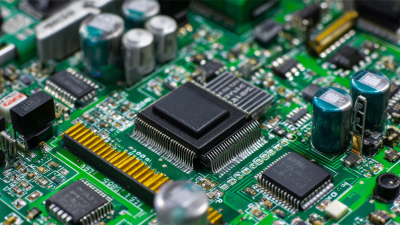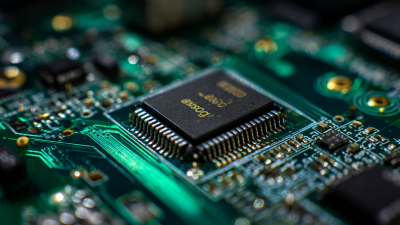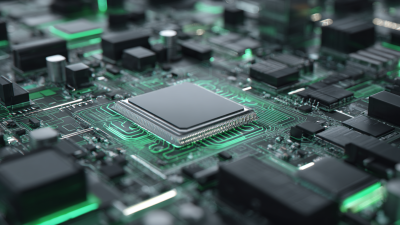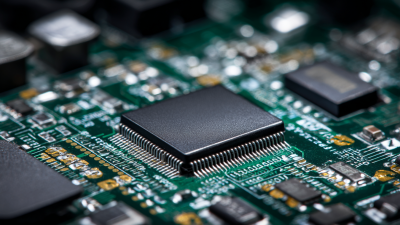WORLD electronics offers a complete line of electronic circuit board manufacturing and assembly services, as well as advanced manufacturing services. Our commitment to quality and service is second to no supplier.
Learn MoreOur team of engineers assists you in the development of new designs to optimize quality manufacturability (DFM) and testability, resulting in cost minimization and reduced product development time.
Learn MoreOur flexible manufacturing floor layout and highly trained staff allow for Quick Set-up and Tear Down of small volume prototype runs. This combination grants our customers the benefit of turning new designs quickly and accurately.
Learn MoreWORLD electronics is dedicated to quality. This quality is what underpins our commitment to thorough testing. Our engineers can develop a set of tests that ensure reliability and high performance in all products.
Learn MoreSupply chain management has crossed over from being a narrow management function to being a key operational function.
Learn MoreIn today's rapidly evolving electronics landscape, the efficiency of pcb fab and assembly processes has become a critical factor in driving innovation and maintaining competitive advantage. As manufacturers strive to meet the increasing demands for faster production cycles and higher quality standards, innovative technologies are playing a pivotal role in transforming traditional practices. From advanced automation and robotics to AI-driven quality control systems, these technological advancements not only streamline operations but also enhance precision and reduce operational costs. This exploration into the "why" behind these innovations sheds light on their significance in reshaping the future of pcb fab and assembly, enabling companies to remain agile and responsive in a dynamic market. By embracing these cutting-edge solutions, businesses can unlock new levels of productivity and reliability, ultimately leading to superior product outcomes and customer satisfaction.
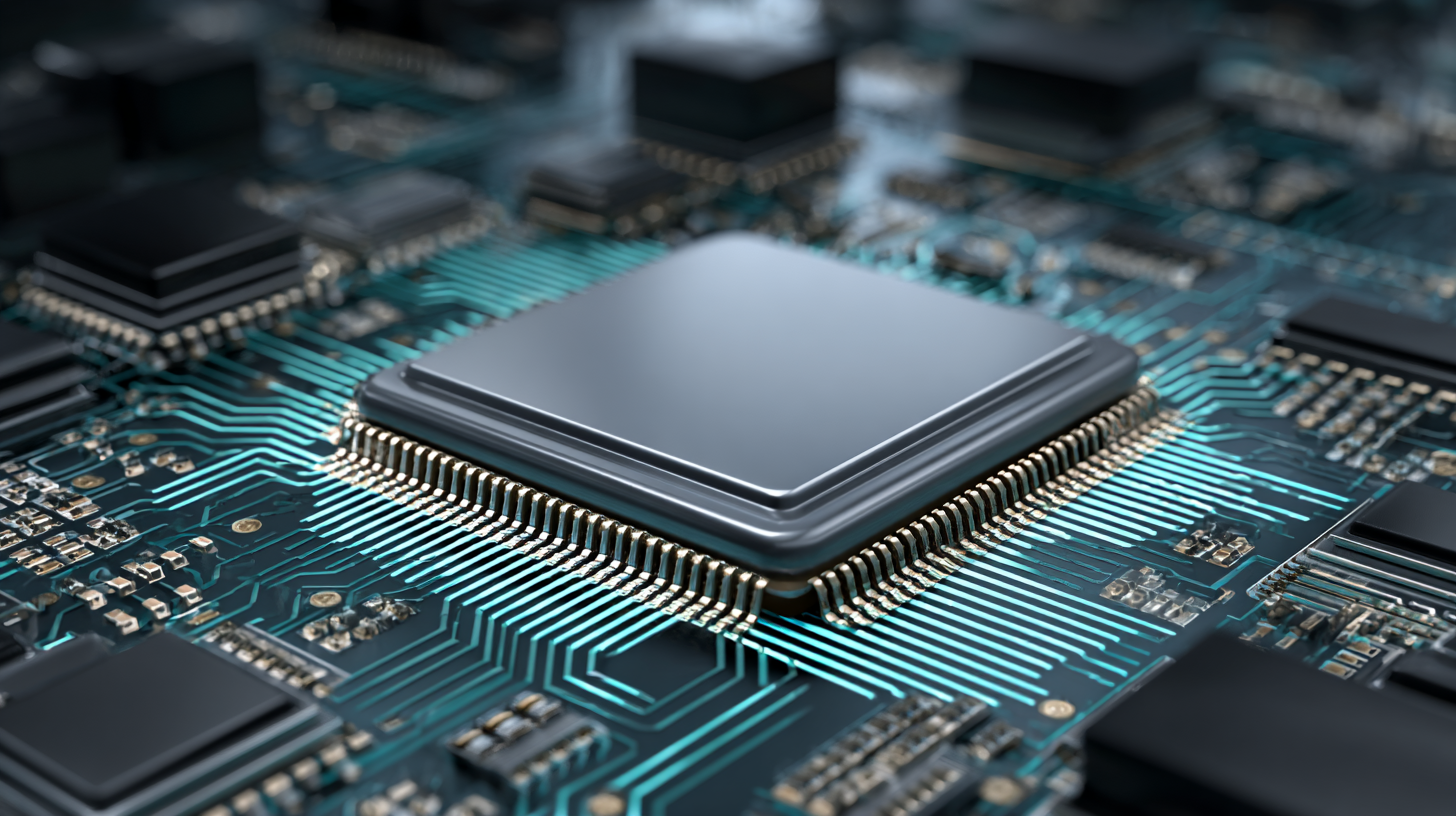
The integration of automation into PCB fabrication and assembly processes has brought about a transformative shift in the electronics manufacturing industry. Automated systems enhance production efficiency by reducing human error and increasing throughput. Robotic arms and automated conveyor lines streamline the handling of delicate components, while advanced software systems ensure precision in alignment and placement. These technologies enable manufacturers to maintain high-quality standards while meeting the increasing demand for rapid production cycles.
Furthermore, automation facilitates the implementation of Industry 4.0 principles, allowing for real-time monitoring and data analytics throughout the assembly processes. By employing IoT-enabled devices, manufacturers can gather valuable insights into machine performance and production metrics, leading to informed decision-making and predictive maintenance. This not only minimizes downtime but also optimizes resource allocation, ensuring that every aspect of the PCB fabrication process operates with maximum efficiency and minimal waste. As a result, the role of automation is crucial in propelling the PCB industry towards a more productive and sustainable future.
| Technology | Application | Benefits | Efficiency Improvement (%) |
|---|---|---|---|
| Robotic Automation | Component Placement | Increased speed and accuracy | 30% |
| Machine Vision Systems | Quality Control | Enhances defect detection | 25% |
| Manufacturing Execution Systems (MES) | Process Management | Improves tracking and reduces downtime | 20% |
| 3D Printing | Prototype Development | Reduces lead times and material waste | 40% |
| IoT Integration | Data Collection | Enhances monitoring and predictive maintenance | 15% |
The integration of advanced robotics into PCB fabrication and assembly processes has revolutionized the electronics manufacturing landscape. With the global PCB market projected to reach $82.6 billion by 2026, driven by the surging demand for consumer electronics and IoT devices, the need for enhanced precision and speed in production is more critical than ever. Advanced robotics not only streamline production lines but also reduce human error, thereby increasing overall efficiency. According to a recent industry report from IPC, the implementation of automated solutions has led to a 30% reduction in assembly time and a significant decrease in defects, promoting greater reliability in the final products.
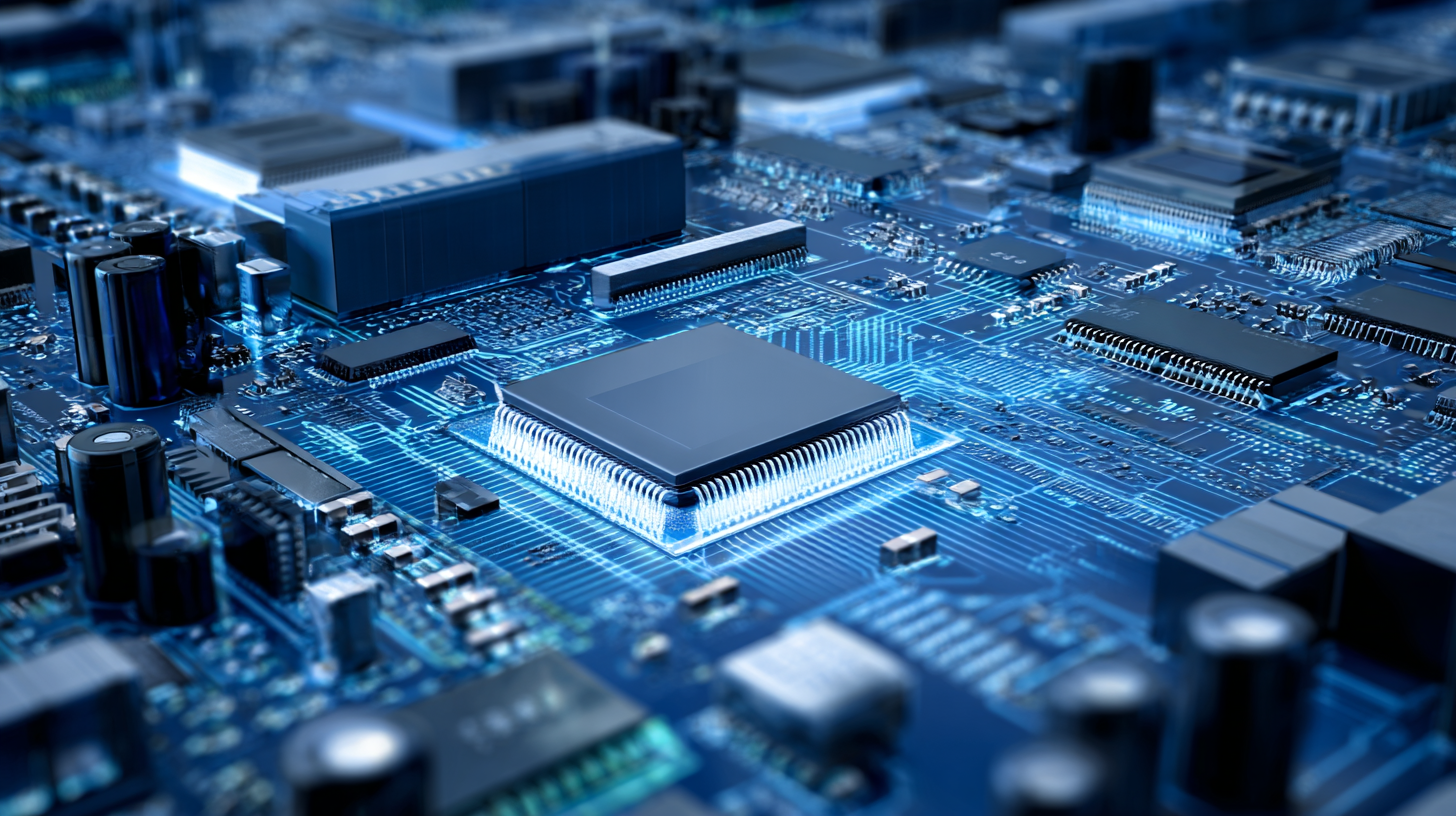
Moreover, robotics technology in PCB assembly encompasses various applications, from pick-and-place systems to laser soldering. A study by the International Institute of Smart Manufacturing reveals that companies utilizing robotic systems have seen a 40% increase in yield rates. This leap in performance is attributed to the ability of robots to operate in high-speed and high-precision environments, something that traditional methods struggle to achieve. The convergence of robotics with AI and machine learning allows these systems to adapt in real-time, optimizing processes and ensuring consistent quality as product designs evolve. As manufacturers continue to adopt these innovative technologies, the future of PCB fab and assembly looks promising.
The integration of Artificial Intelligence (AI) and Machine Learning (ML) in PCB fabrication and assembly processes has revolutionized the industry, enhancing both efficiency and accuracy. By analyzing vast amounts of data in real-time, AI algorithms can identify patterns and predict potential failures before they occur. This predictive maintenance minimizes downtime and ensures a smoother workflow, leading to increased productivity in PCB manufacturing.
Moreover, machine learning models can optimize various stages of the production process, from design to assembly. For instance, they can facilitate the selection of components based on historical performance and current supply chain dynamics, thus reducing lead times and costs. By automating quality control through image recognition, AI systems can detect defects with a precision level that surpasses human capabilities. This not only increases product reliability but also enhances the overall quality of the PCBs produced, ensuring they meet stringent industry standards.
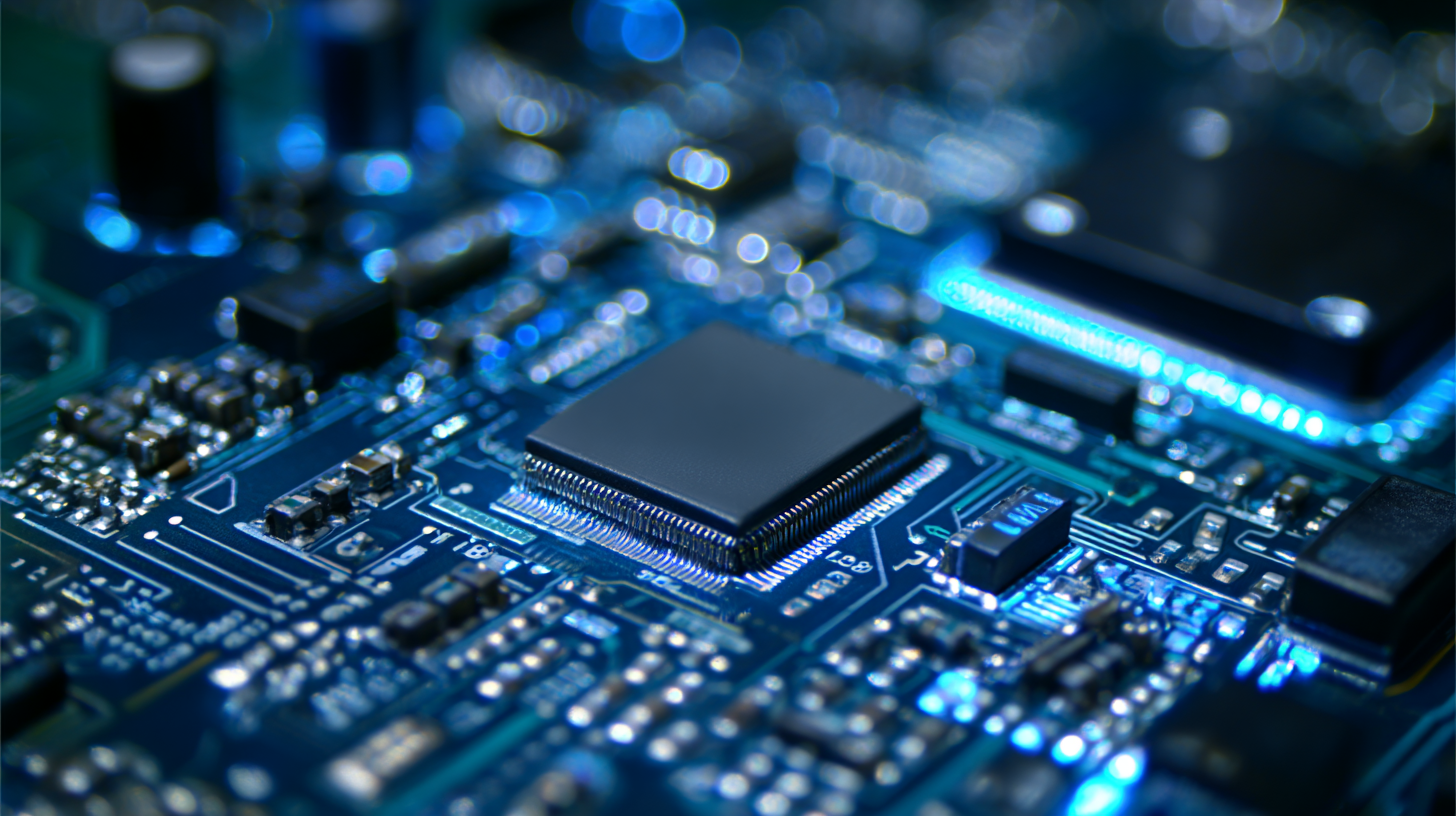
The integration of IoT in PCB manufacturing is revolutionizing real-time monitoring processes, significantly enhancing operational efficiency. With the Industrial Internet of Things (IIoT), manufacturers can collect and analyze data from various machines and production lines. This real-time insight allows for proactive decision-making, minimizing downtime and improving product quality. As the market for IoT in manufacturing is projected to grow from $141.18 billion in 2025 to $673.95 billion by 2032, the need for these smart technologies is becoming increasingly evident.
Tips for implementing IoT in PCB manufacturing include ensuring comprehensive data integration among devices to maintain a seamless flow of information. Additionally, it is crucial to invest in a robust cybersecurity framework to protect sensitive production data. Embracing a layered architecture for IIoT can further facilitate the efficient handling of vast amounts of data generated during production.
As the IIoT landscape continuously evolves, identifying key technologies that accelerate the transformation of manufacturing is vital. Advancements such as predictive maintenance, asset tracking, and real-time inventory optimization are at the forefront, driving significant improvements in manufacturing processes. These innovations not only streamline operations but also contribute to sustainable practices in PCB fabrication and assembly.
Innovative PCB technologies are at the forefront of integrating sustainable practices into manufacturing processes. Recent advancements in flexible PCB manufacturing demonstrate a significant shift towards eco-friendly solutions, utilizing metal inkjet printing methods that reduce waste and energy consumption. These innovations not only enhance production efficiency but also align with the growing demand for sustainability in electronics manufacturing.
Additionally, developments in lab-on-PCB and micro-total analysis systems (µTAS) illustrate how integrated technologies contribute to more sustainable practices. By enabling complex analyses on a miniaturized scale, these systems reduce the need for extensive laboratory resources, thereby minimizing environmental impact. As the electronics industry faces increasing scrutiny regarding its carbon footprint, these technological advancements signify a pivotal movement towards sustainable manufacturing practices, ultimately paving the way for a greener future in PCB fabrication and assembly.
